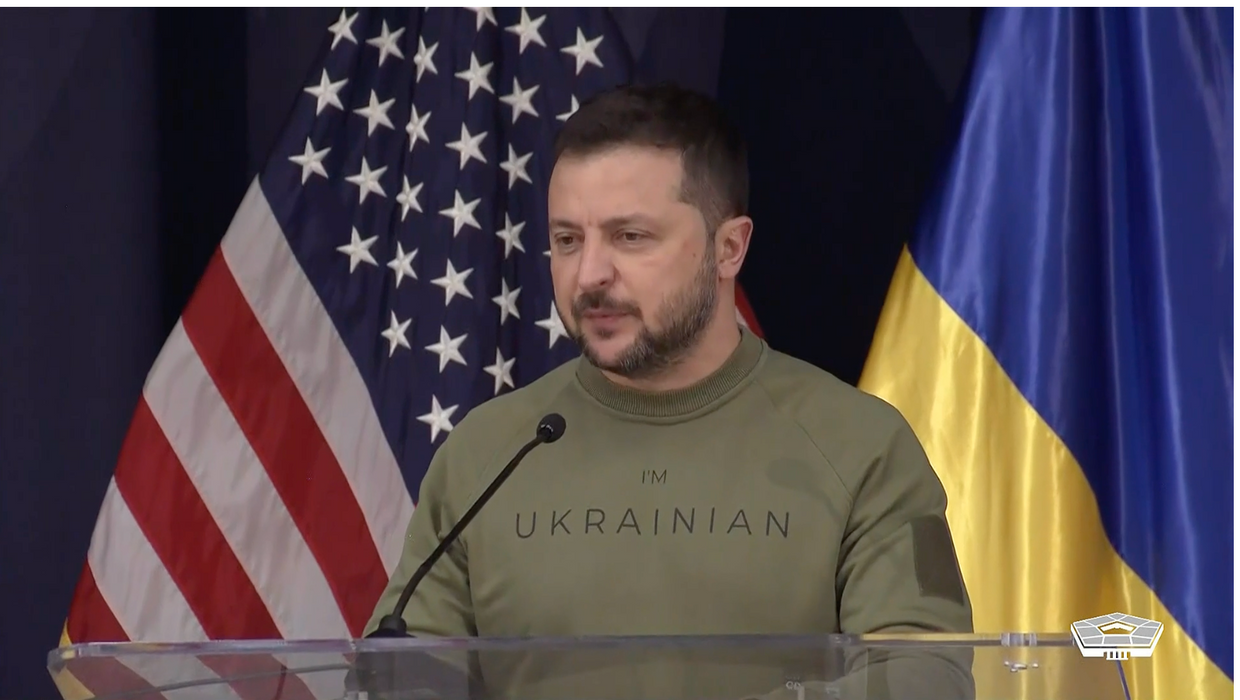US targets over 250 individuals, entities in major new Russia sanctions package

The U.S. Treasury and State departments announced fresh sanctions on Dec. 12 against over 250 individuals and entities in response to Russia's ongoing invasion of Ukraine.
"We will continue to use the tools at our disposal to promote accountability for Russia’s crimes in Ukraine and those who finance and support Russia’s war machine," U.S. Secretary of State Antony Blinken said in a statement.
The U.S. Department of the Treasury’s Office of Foreign Assets Control (OFAC) said it imposed sanctions on over 150 individuals and entities supplying Russia's military-industrial base.
"Treasury continues to take action to identify and disrupt third-country individuals, entities, and networks that facilitate, arrange, and enable the transfer of key technology, equipment, and inputs to Russian military-industrial base end-users," the announcement said.
"Today’s action once again underscores Russia’s utilization of Turkey, the United Arab Emirates (UAE), and the People’s Republic of China (PRC), as well as the use of complex transnational networks and third-country cut-outs, to acquire much-needed technology and equipment for its war economy," the statement continued.
While the newly announced measures primarily target Russia-based companies, they also target firms registered in countries like China, Hong Kong, and Pakistan for facilitating and procuring Chinese-made weapons and technologies to Russia.
The U.S. Department of the Treasury also named companies in Turkey, the United Arab Emirates, and China for the shipment of technology, equipment and inputs, including ball or roller bearings, aircraft parts and X-ray systems.
The companies in China included commercial satellite imagery companies that the U.S. said gave observation imagery to Russian mercenary group Wagner.
The U.S. State Department concurrently announced sanctions on over 100 entities and individuals, including those engaged in sanctions evasion in numerous third countries, complicit in furthering Russia's war effort in Ukraine.
The U.S. State Department also sanctioned individuals and entities from the metal, mining, energy, and arms manufacturing sectors.
Among those targeted are Chinese entities it said were involved in procuring microelectronic components, which it said were used to develop electronic warfare systems, for Russian state conglomerate Rostec, which is sanctioned by the U.S.
Companies in Russia, Turkey and Hong Kong were also targeted.
The State Department further imposed sanctions against several Russian oligarchs and their networks and against vessels supplying North Korean arms to Russia.
“The Kremlin has steadily turned Russia into a wartime economy, but (Russian President Vladimir) Putin’s war machine cannot survive on domestic production alone,” said U.S. Secretary of the Treasury Janet L. Yellen.
“Our sanctions today continue to tighten the vise on willing third-country suppliers and networks providing Russia the inputs it desperately needs to ramp up and sustain its military-industrial base.”
Despite a series of sanctions imposed against Moscow since the start of the full-scale war, Russia has managed to avoid some of these measures.
Russia's defense industry continues to purchase sanctioned dual-use goods via third-party countries and has avoided the $60-per-barrel price cap on seaborne oil by using a "ghost fleet" of tankers, sailing mostly without Western insurance.












